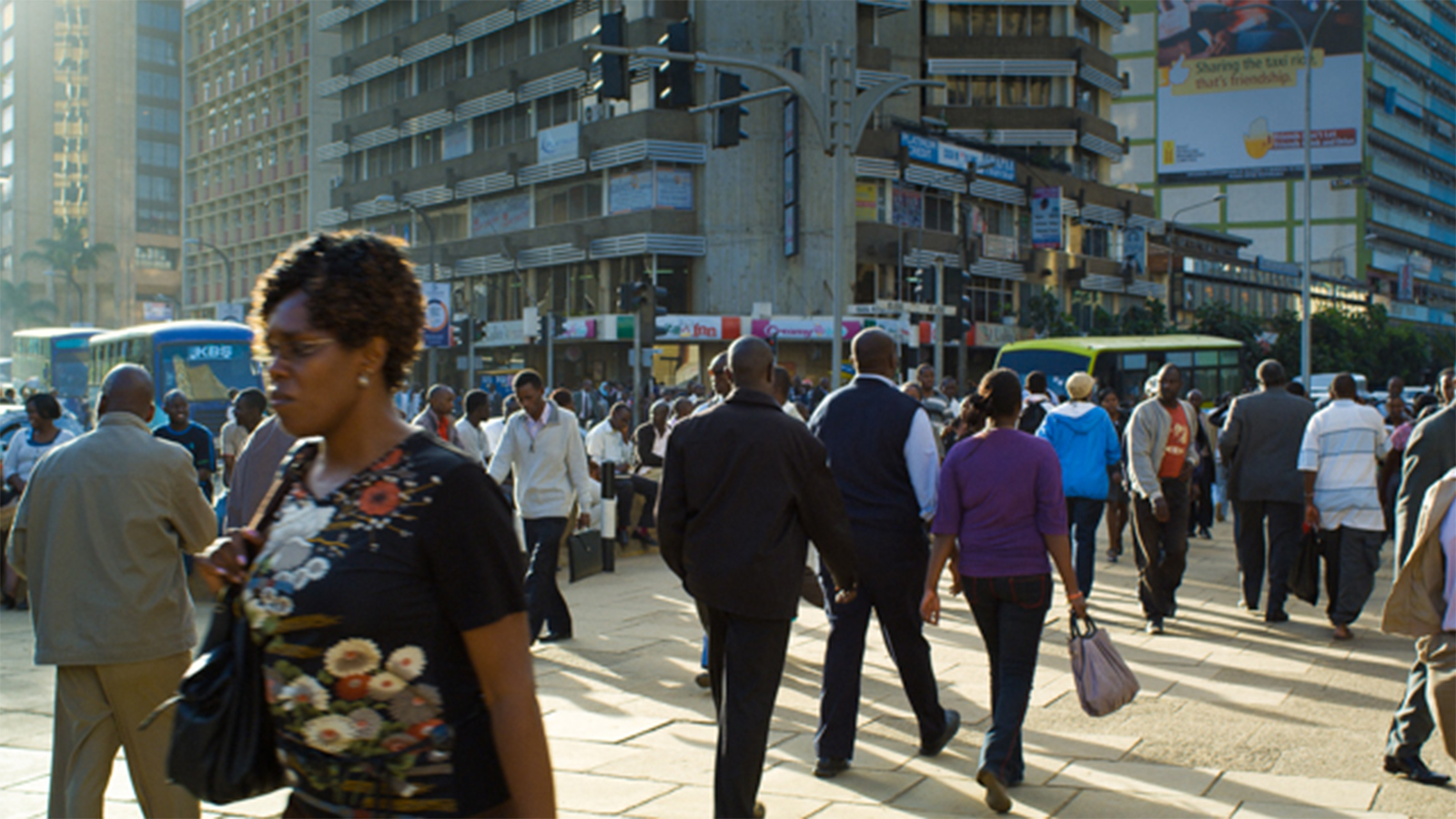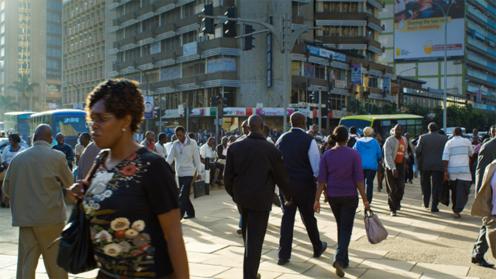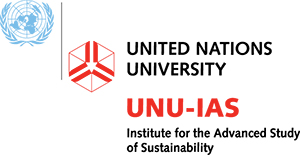About
This HLPF side event identified key requirements for achieving carbon neutrality and a just transformation, including ensuring universal access to energy and clean cooking, engaging with all stakeholders, adopting nature-based solutions, and greening supply chains.
All coverage

This side event explored the policies needed to achieve carbon neutrality by 2050, and the deep transformations required in our economic and social systems. It recognized that, as the world faces the economic fallout and social disruption triggered by the COVID-19 pandemic, achieving carbon neutrality is even more urgent and the need to build back better is gaining increasing momentum. It therefore focused on the green recovery process and issues of equity, considering problems such as stranded assets and implications for fossil-fuel rich economies in the developing world.
Taking place during the High-level Political Forum on Sustainable Development 2021, the side event also considered how all sectors of society can address the challenges involved in realizing the needed critical changes during the Decade of Action to deliver on the Sustainable Development Goals (SDGs).
The event launched a new report by the UN University (UNU) Institute for Natural Resources in Africa (UNU-INRA), which argues for an African green deal as a framework for climate action, building forward better and enabling an effective recovery from COVID-19 and its impacts.
A panel discussion tackled the following questions:
- How is equity in the context of transformation interpreted and understood by different stakeholders (businesses, politicians, scientists, global South and global North)?
- Is a just transformation possible at all? If so, what are the preconditions for such a transformation?
The event was organized by the UN University (UNU) Institute for the Advanced Study of Sustainability (UNU-IAS), the UNU Institute for Natural Resources in Africa (UNU-INRA), the UNU Institute for Environment and Human Security (UNU-EHS), UN Department of Social and Economic Affairs (UN DESA), the UN Economic Commission for Africa (UN ECA), the African Union Commission (AUC), and the UN Framework Convention on Climate Change (UNFCCC) Secretariat.
The Earth Negotiations Bulletin (ENB) coverage of this side event is here.
Funding for ENB coverage of this side event has been provided by UNU-IAS.
To receive continuing coverage of this event delivered to your inbox, subscribe to the ENB Update newsletter.

